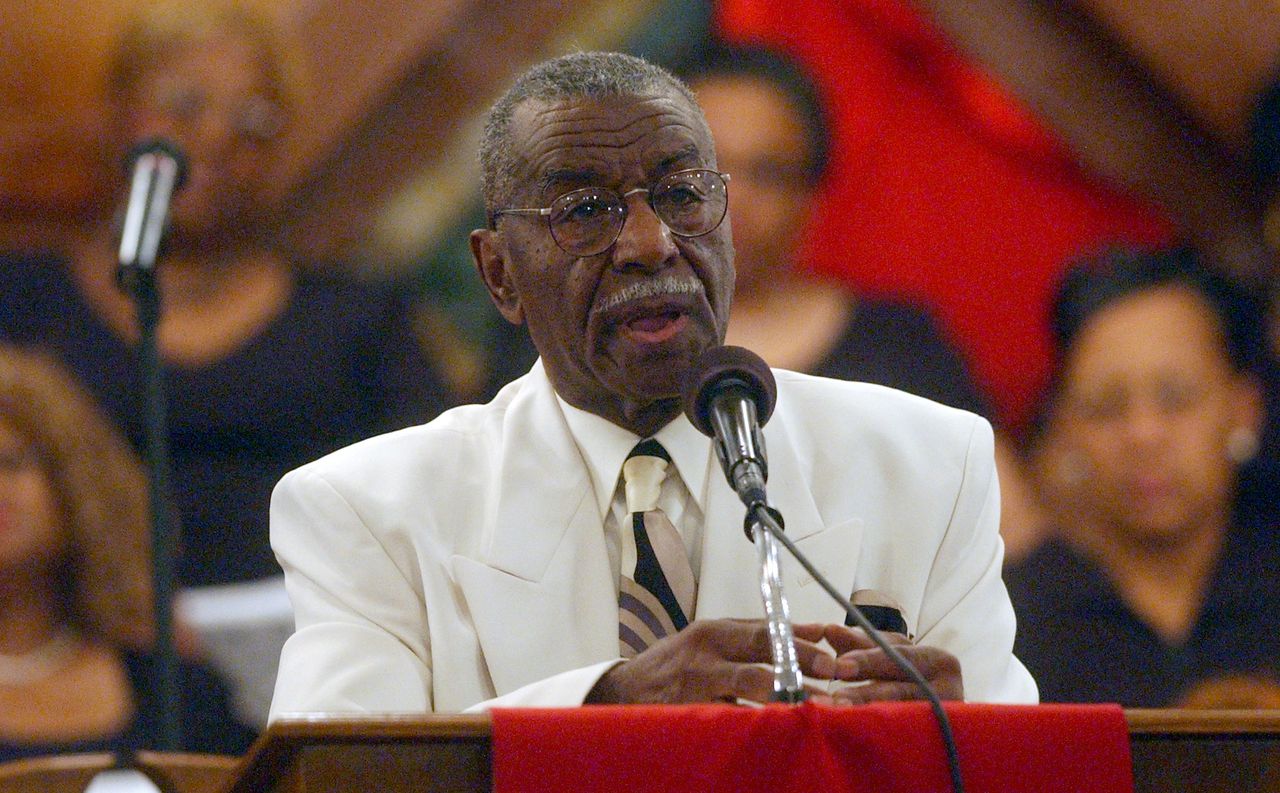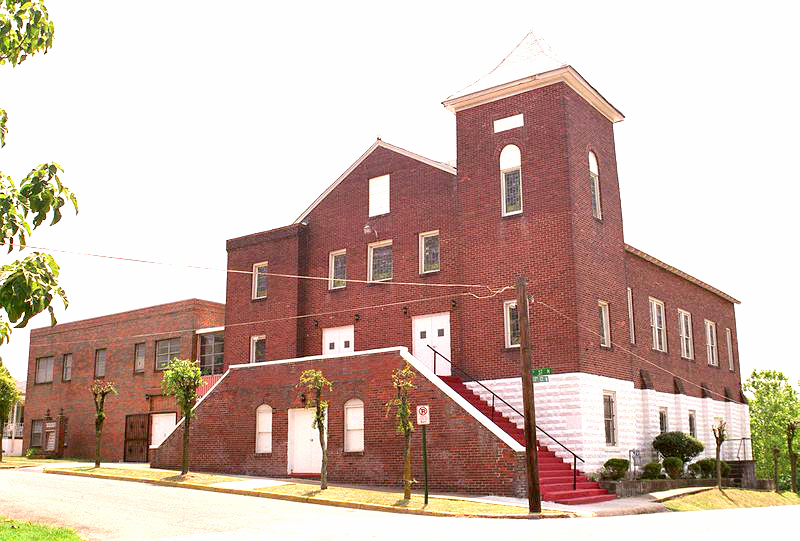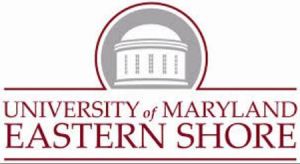It’s a piece of history that could have easily slipped away, vanishing like some of the buildings where the seeds of Birmingham’s civil rights movement were planted.
The Birmingham Historical Society since 1993 has been working to document the 60 churches where civil rights mass meetings were held.
On June 5, 1956, a crowd of 1,000 gathered in the tight confines of the 850-seat Old Sardis Baptist Church at 1240 Fourth St. North in Enon Ridge to hear the Rev. Fred Shuttlesworth breath eloquent words onto the embers of racial discontent in Birmingham. The meeting organized the Alabama Christian Movement for Human Rights and elected Shuttlesworth president.
Shuttlesworth, as pastor of Bethel Baptist Church in Collegeville from 1956-61, led early efforts at desegregation in Birmingham.
Shuttlesworth, Old Sardis Pastor Robert Alford and other ministers helped create ACMHR after the NAACP was banned in Alabama.
It was the first in a series of mass meetings that stirred thousands to rally, give money, volunteer and march in the streets to protest and help overturn the city’s stringent segregation laws.
‘’This was the shining hour for the African-American church in this community,’’ said historian Wilson Fallin Jr., author of ‘’Shelter in the Storm: The African American Church in Birmingham.’’
The Alabama Historical Commission has designated Old Sardis Baptist Church to receive $192,000 in funding to assist with its preservation efforts. The funding will allow for enhancements to the historical building and preservation of the historical monument.
The Alabama Christian Movement for Human Rights had faith at its core, Shuttlesworth said when he returned to preach at Old Sardis in 2006.
‘’The Christian part was the most important part,’’ said Shuttlesworth, who died in 2011. ‘’We had to do things we thought Christ would want us to do – surely nonviolent.’’
Old Sardis Baptist Church is on the National Historical Registry.
‘’People came to the mass meetings to build their courage, get inspired, and the whole movement was made up of religious people who were convinced God would lead them to defeat segregation,’’ Fallin said. ‘’The preachers were the leaders. Without religion, there simply would have been no movement. Religious fervor carried the movement. Those meetings were simply a Black Baptist worship service. It began with a praise service; there would be long prayers. A preacher would preach. Shuttlesworth would give directions, and take up an offering.’’
Shuttlesworth had a core group of about 20 pastors who helped him organize. ‘’They drew their courage from him,’’ Fallin said. ‘’There’s no question he was the man and the most daring.’’
Old Sardis members say the grant will help preserve their church, and history.
“The Alabama Christian Movement for Human Rights was needed to replace the NAACP, which had been outlawed by the state of Alabama at the time. Up until this acknowledgement from the Alabama Historical Commission, the narrative of Old Sardis Baptist Church and its role in the movement had been lost in Birmingham’s Civil Rights memory,” said Adrienne Reynolds, a member of the Old Sardis Baptist Church Historical Committee. “The Historical Committee of the church hopes this selection reminds the world of the impact of Old Sardis Baptist Church on the world.”












